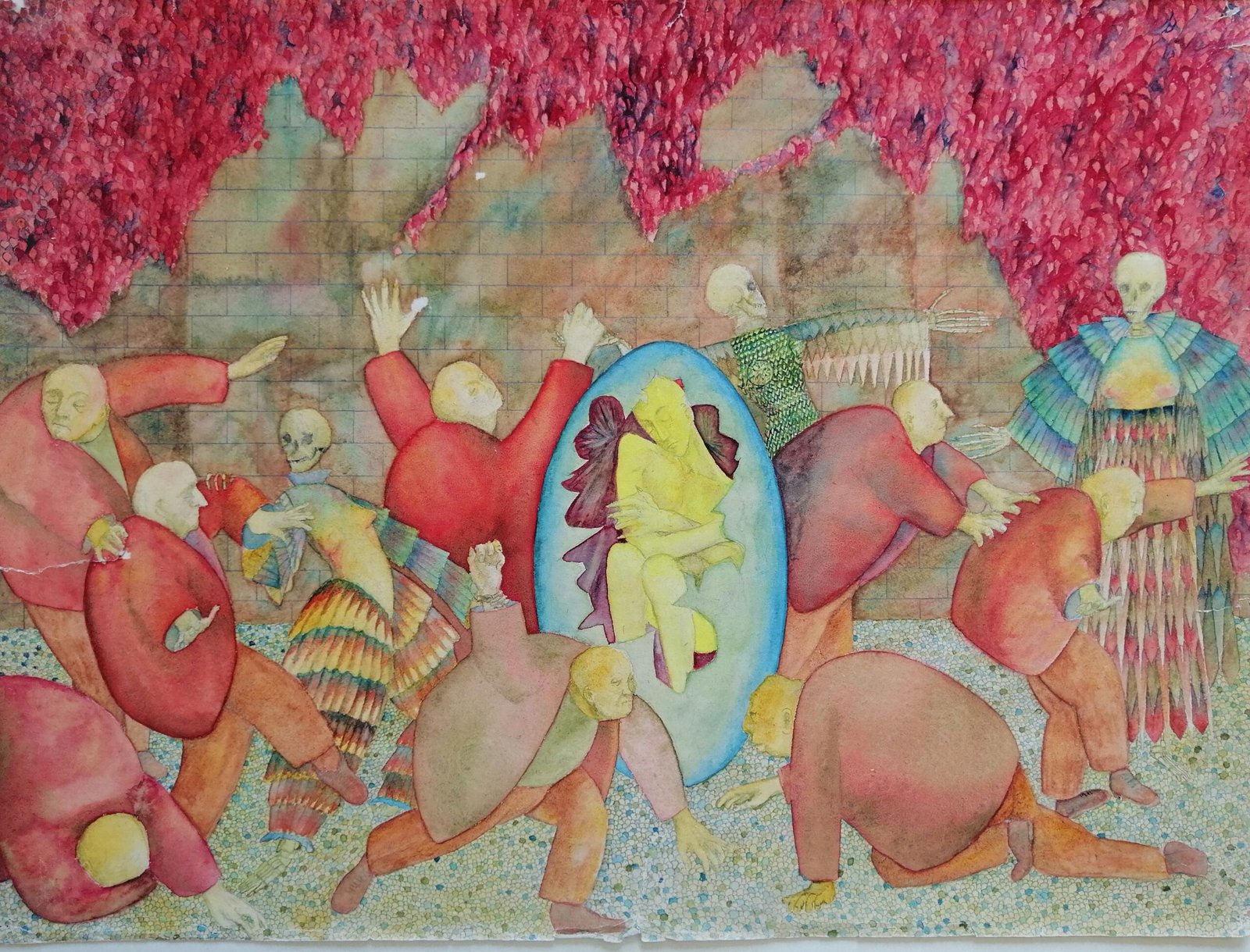The search to understand nature is based in modern science on finding the small parts, studying their interconnections and from these reaching for the big picture. No-one can deny the extraordinary achievements of this approach. Each new step seems like a step nearer the grand finale, the complete canvas, the revelation of what it’s all about. Nevertheless, as science advances perplexities abound, strange new objects are conjured up to deal with inconsistencies like dark matter and multiverses. By definition, the latter are beyond human exploration, unknowable.
Is the modern scientific the only way of knowing? Finding and piling up data, evidence of facts? What is the knowing of the poet, the musician, the artist? What ignorance would result from their disappearance? Myths tell of the beginning, beginning of the world, the beginning of humanity. There are no data for the beginning, We have no data for the beginning of a species, the beginning of the big bang, the beginning of the human being. But ancient myths spoke of beginnings.
Mind is a problem for our western culture. Can it never be free from being joined up with matter? It exists and dies in matter. We triumph in this despair. Finally, it seems, we have got to the bottom of things. Those higher aspirations of the past were just escape routes from reality. Birth and death define this reality. We cannot cross these boundaries because there is nothing to cross to.
The intense and single-minded focus on the physical and material is perhaps the most outstanding character of our time. It is often imbued with a passion once found among social reformers, saints and soldiers. Is it because the spirit has gone faint where it was once strong?
Old foundations are worm-eaten. Traditions are not enough for the spirit so it has gone in search of a new home.
The goal of our attention gets in the way of understanding that attentiveness. The active mind deployed in science today fails to attend to its own nature.
Grasping the nature of mind turns the handle of the door to the spirit.
In contrast to knowledge advanced by science the knowing of the poet seems contradictory, transitory, limited, ego-bound and cloudy. Art and literature show us this subjective world in all its everydayness, its misery and grandeur. Surface and depth alike are exposed. These can become at the end objective through experience rather than experiment.
In a letter to a young poet Rilke wrote, ‘In the depths everything becomes law’.
Is my soul asleep?
No, my soul is not asleep.
It is awake, wide awake.
It neither sleeps nor dreams, but watches.
Its eyes wide-open
to far-off things and listens
at the shore of the great silence.
The poet, Antonio Machado, is not asserting a truth. He is showing where s/he has gone. I can ignore, dismiss or respond in some way. Like the sciences, art discovers or uncovers. But it looks for no consensus. It sets out no proof. It waits for the evidence to show itself. The listener, the reader, the viewer, they have to complete the dialogue. In the soul truth is not objective because it arises between the one and the other and can only exist there. In no way does this diminish its value.
It is, after all, what we live by.
 A 12-hundred year old mosaic from a church in Rome. An angel holds up the world. An artistic and religious statement.
A 12-hundred year old mosaic from a church in Rome. An angel holds up the world. An artistic and religious statement.
Have the laws of physics not gutted out all such meaning?
Is there a place where such a ststement can still live, outside the evidence of science?
What is in a piece of music and what I get out of it is not part of the laws of acoustics.It uses them. Acoustic laws don’t make sonatas.
Physical and biological laws can’t make angels. Or unmake them. Can science assert or refute their existence? A modern conundrum.

